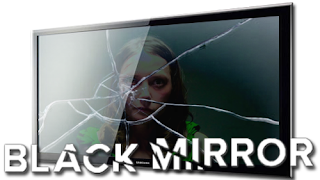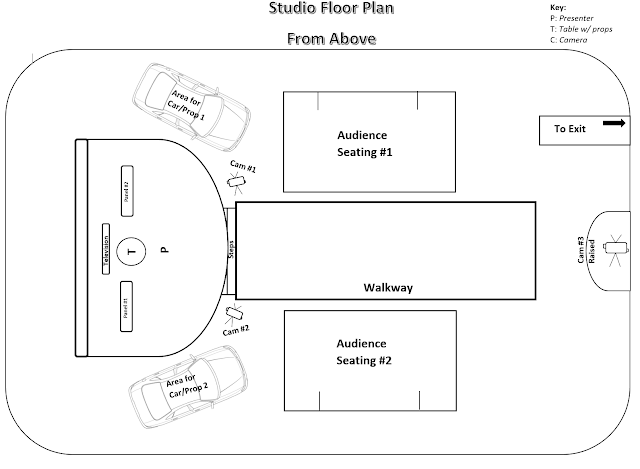Storytelling Unit | Steve Coombes | Dialogue & Character
During our second session with Steve Coombes we analysed in detail dialogue and character, these were some of the main points I picked up from the lecture itself:
Dialogue:
- Don't make dialogue too on the nose, people are never straight to the point in the average everyday conversation. e.g. "I am on my way to the police station in order to file a report against Steve because Steve assaulted me last night and that is why I've been crying all morning". Show don't tell.
- Even though you're trying to replicate normality with your dialogue, regular conversations are boring. "Hi, how are you? The weather's nice. How are the kids?" etc. You need to jump in with an interesting point that hooks the viewers interest.
- Swearing is incredibly useful within television and film, it can be used to accentuate a character's emotions in ways that cannot be done with regular vocabulary. With this in mind, not every character needs to swear, and unless that is part of their persona, it should not be used excessively. The more you use expletives, the less impact they have on an audience.
- If you know what kind of swear word a character may use in a certain scenario, you may be able to tell what they would use in other situations. Scriptwriting is just as much about you knowing the characters you're writing for, as the audience gets out of the experience.
- You should know as much about the characters in your script, as your close friends. What are the little things they would do in a situation, their 'wrinkles' in normality. Their embarrassing past slip-ups etc.
- Your characters aren't really ever saints/geniuses, generally they're the most boring people in the world. What's entertaining is when/where/how they fail, or something goes wrong. This follows the JOKE mentality; Setup, Distraction, Punchline.
- Characters should always have a 'tell'. Something the scriptwriter uses to give away aspects of their character, traits or personality in a way that often isn't obvious to even the character themselves; but does give the audience and insight into the thought process.
- A key thing to bare in mind when it comes to Drama specifically; When watching a soap opera, you're sitting there shouting and the TV because everyone is wrong. With drama the issue is that everyone is likely right in some way or another, however the audience's sympathies between characters often switch regularly.
- In film it is often the case that the protagonist starts a certain way, something extraordinary happens to them within the first 20 pages of a script, and the rest of the film revolves around how that event changes the person from beginning to end. However this CANNOT be done in TV, therefore it's less about what the character can change and more about what he can't change. How does the character deal with that over the course of the series?
- A character in TV can often be compared to a suspension bridge - the bridge will get you from point A to point B, however there are a large amount of things pulling you in all directions, keeping the bridge in place. Remove one and the entire bridge collapses. This is essentially a metaphor for characters within TV.





Comments
Post a Comment